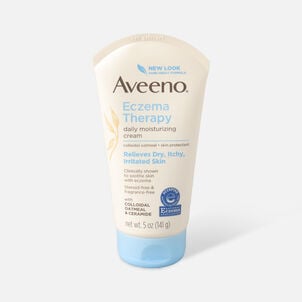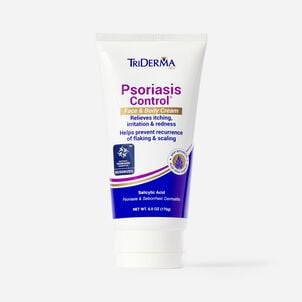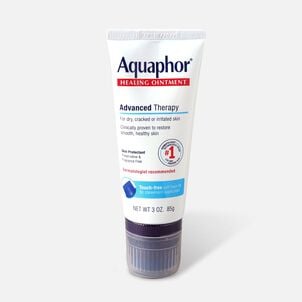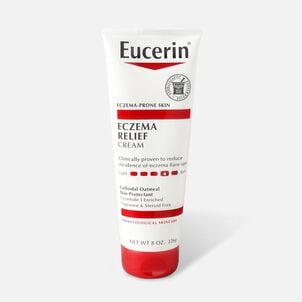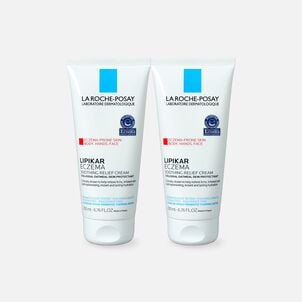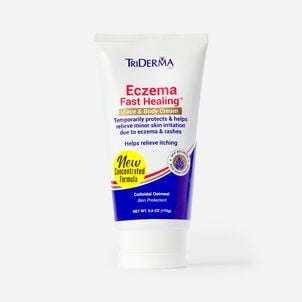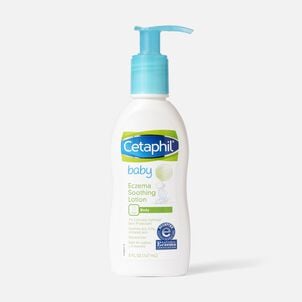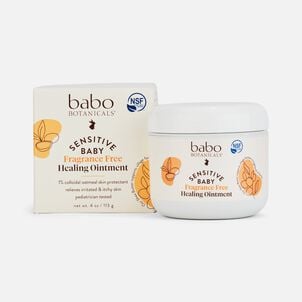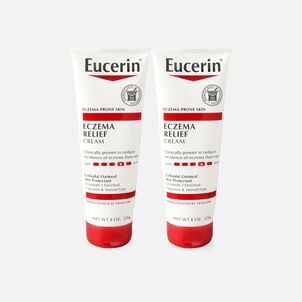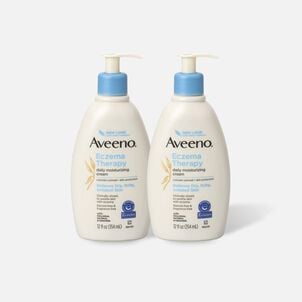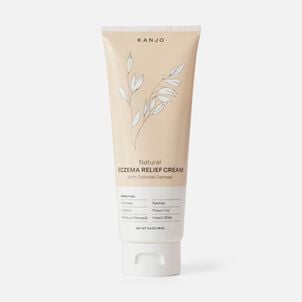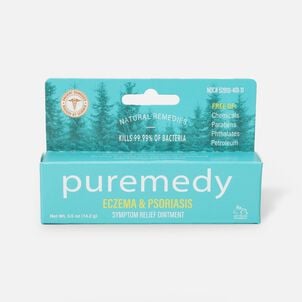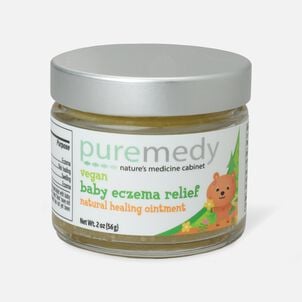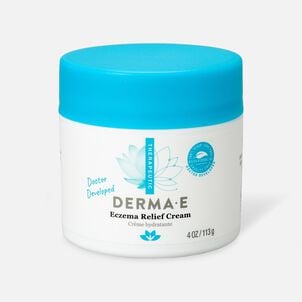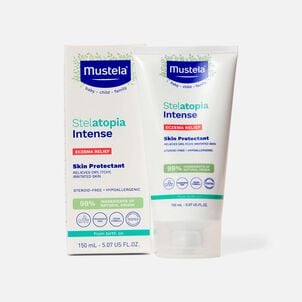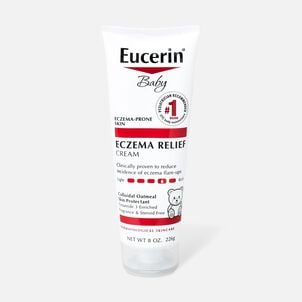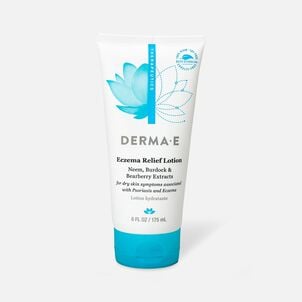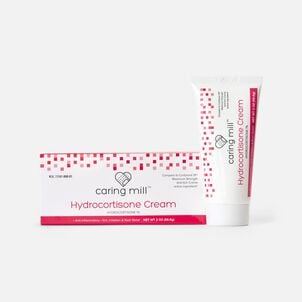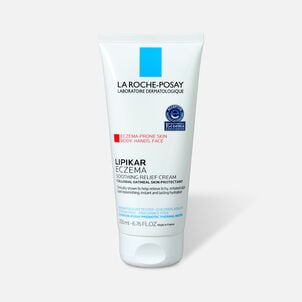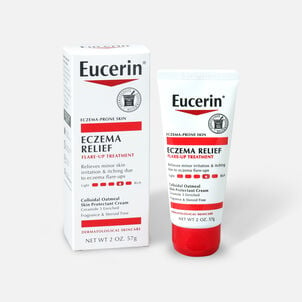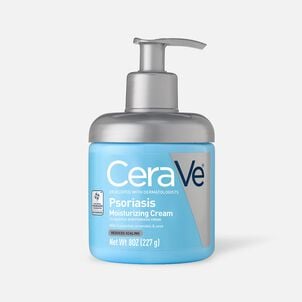The Complete HSA Eligibility List
Here it is — the most-comprehensive eligibility list available on the web. From A to Z, items and services deemed eligible for tax-free spending with your Flexible Spending Account (FSA), Health Savings Account (HSA), Health Reimbursement Arrangement (HRA) and more will be here, complete with details and requirements. Important Reminder: HSAs, FSAs, HRAs and other account types listed may not all be the same. Be sure to check with your administrator to confirm if something is eligible before making a purchase.
Here it is — the most-comprehensive eligibility list available on the web. From A to Z, items and services deemed eligible for tax-free spending with your Flexible Spending Account (FSA), Health Savings Account (HSA), Health Reimbursement Arrangement (HRA) and more will be here, complete with details and requirements. Important Reminder: FSAs, HRAs and other account types listed may not all be the same. Be sure to check with your administrator to confirm if something is eligible before making a purchase.
Eczema Treatment: HSA Eligibility
Eczema Treatment: eligible with a Health Savings Account (HSA)HSA Eligible Eczema Treatments
What is Eczema?
Eczema is also known as dermatitis, and it is a term applied to a variety of persistent skin conditions with unknown causes, including redness, swelling, itching, dryness, crusting, flaking, blistering, cracking, oozing and bleeding. Eczema may be caused in part by a dysfunctional interplay between the immune system and the skin, but this dynamic is not entirely understood yet. Eczema is not life threatening, but can greatly affect quality of life, and requires treatment to restore sufferers to comfort and freedom from secondary effects like discoloration and scratches due to persistent itchiness. Symptoms may flare and require additional periods of treatment by more serious medicines such as steroids (National Eczema Association).
What is the best way to treat eczema?
Moisturizers help skin stay healthy and avoid dryness, which otherwise leads to more problems for eczema sufferers. Moisturizers are best used after bathing, which is recommended at least daily. Moisturizing products can help the skin from becoming dry, which can reduce symptoms such as redness and itchiness, but anti-itch creams can help with additional itchiness. Scratching skin should be avoided when possible, through the use of these products. Antihistamines aren’t recommended for stopping itchiness, but products containing the active ingredient pramoxine hydrochloride are recommended by dermatologists (WebMD).
When eczema symptoms flare, corticosteroids may help reduce symptoms above and beyond what can be done with eczema and anti-itch products. Lotions like cortisone are useful for this. Corticosteroid lotions should not be used regularly because of adverse side effects which occur with prolonged use (National Eczema Association).


